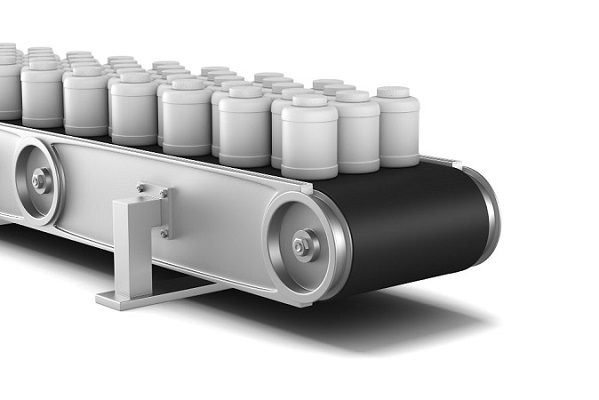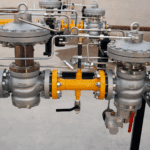Let’s take a look at industrial battery engineering and see what is it and why is it important. Our detailed guide will help you understand the field.
Short Overview and Definition
Industrial Battery Engineering (IBE) is a field that involves the design, manufacturing, testing, installation, and maintenance of batteries for industrial applications. These applications may include electric vehicles, backup power systems, renewable energy storage, and uninterruptible power supply (UPS) systems. It aims to provide reliable and efficient energy storage solutions that can withstand the demands of industrial operations.
To sum it up, industrial battery engineering is crucial in providing energy storage solutions that power many industrial applications. As the demand for clean and reliable energy continues to grow, the field of industrial battery engineering is expected to play an increasingly important role in helping to meet this demand. This article will examine the IBE definition, primary goals, and importance.
Key Areas of Industrial Battery Engineering
IBE connects various areas, each important for a certain aspect of designing, developing, and deploying batteries for industrial usage. Some of the key areas of focus in industrial battery engineering include:
- Battery Chemistry: The type of chemistry used in industrial batteries can vary depending on the specific application. For example, lithium-ion batteries are often used in electric vehicles due to their high energy density and power output. In contrast, lead-acid batteries are commonly used in backup power systems.
- Battery Management: Advanced battery management systems are often used to ensure the safe and efficient operation of industrial batteries. These systems monitor battery performance, temperature, and state of charge to optimize battery life and prevent damage.
- Battery Testing: Industrial batteries are subjected to rigorous testing to meet performance and safety standards. This testing may include environmental tests, performance tests, and safety tests.
- Installation and Maintenance: Proper installation and maintenance of industrial batteries are critical to ensuring their durability and efficiency. This may involve regularly monitoring battery health, replacing damaged or worn-out components, and following recommended maintenance procedures.
- Battery Recycling: Finally, IBE also focuses on safely and efficiently recycling industrial batteries. This is important for reducing the environmental impact of batteries at the end of their useful life and ensuring that valuable materials are ready to reuse.
As you can tell, the key areas of IBE are closely interconnected, and success in each area is critical to the success of the entire industrial batteries engineering.

Importance Of Industrial Battery Engineering
Industrial battery engineering is responsible for supplying, designing, and producing industrial battery products, including industrial battery pack. These battery industry packs are specifically engineered to meet the unique demands of various industrial applications such as electric vehicles, renewable energy storage systems, backup power systems, and UPS systems.
Industrial battery supply is a crucial focus of IBE, which aims to provide reliable energy storage solutions for different industrial operations. These batteries are designed to withstand the rigors of industrial use, including high temperatures, vibration, shock, and other harsh conditions.
Industrial battery products are available in various chemistries, including lead-acid, lithium-ion, nickel-cadmium, and others. The specific chemistry that will be used depends on the application’s requirements, with some chemistries being better suited to high-power applications while others are better suited to long-duration energy storage.
Industrial battery packs are a critical component of many industrial applications, providing a centralized energy storage solution that can be easily integrated into various systems. These battery packs can be custom-designed to meet the specific requirements, with options for different sizes, voltages, and chemistries.
Lithium thionyl chloride batteries are a type of primary lithium battery often used in industrial applications due to their high energy density, long shelf life, and wide operating temperature range.
In the field of industrial battery engineering, many manufacturers specialize in the design, development, and production of lithium thionyl chloride batteries. Let’s mention one of the best lithium thionyl chloride battery manufacturers, Tadiran Batteries.
Tadiran is a leading producer of high-performance lithium thionyl chloride batteries for industrial application. Check out their offer, you will find anything you need.
FAQ
What is Industrial Battery Engineering?
IBE is a specialized field that involves the design, development, and production of batteries for industrial applications. It encompasses various activities, including battery chemistry selection, battery management, testing, design, and manufacturing.
What are the different types of batteries used in industrial applications?
There are many types of batteries, including lead-acid, lithium-ion, lithium thionyl chloride, and others. The specific type of battery used depends on the requirements. Some chemistry is being better suited to high-power applications, while others are better performing when you need long-duration energy storage.
Playing the article for the visually impaired


















